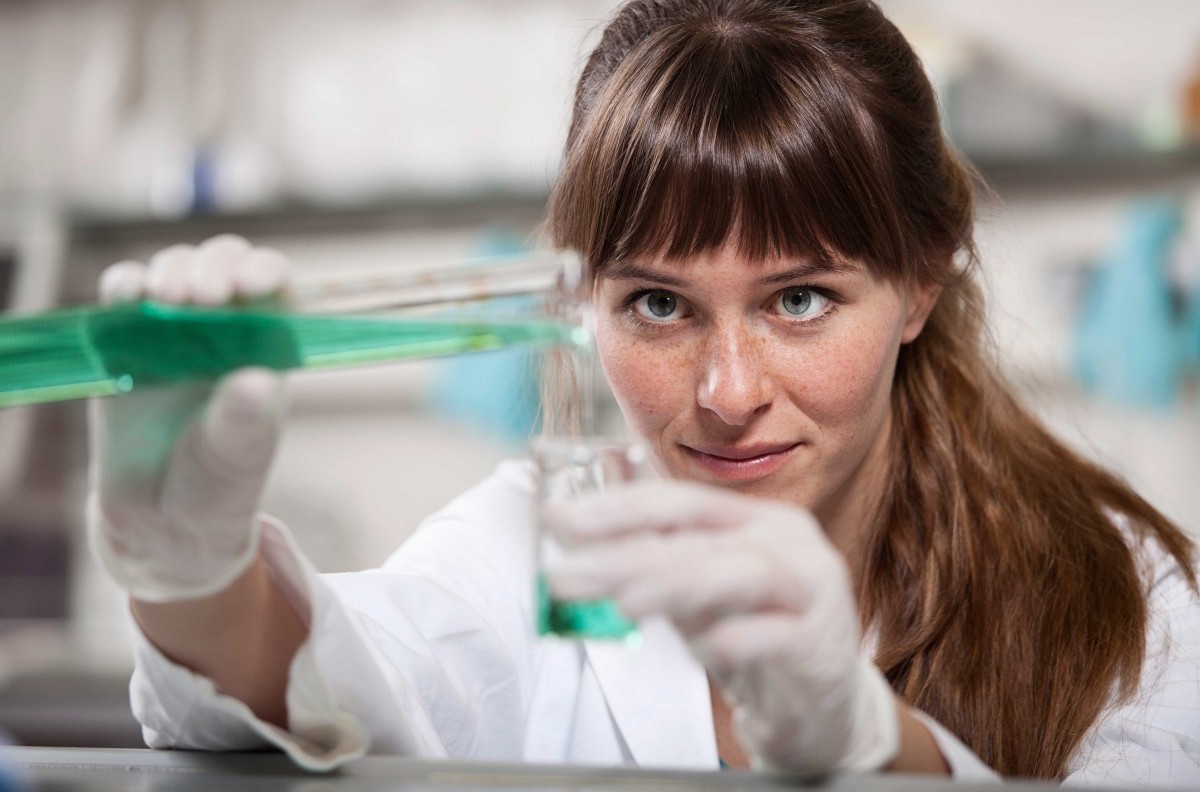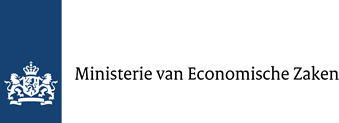News
21-04-2015
FISCH’ ARBOREF project valorizes all lignocellulosic biomass to fuel the aromatics market
With the ARBOREF project from FISCH (Flanders Innovation Hub for Sustainable Chemistry), Biorizon aims to create new pathways for the valorization of áll major parts of lignocellulosic biomass (cellulose, hemicellulose and lignin) towards a set of carefully selected chemical platform molecules and aromatic building blocks by a ‘lignin-first’ biorefinery approach to fuel the aromatics market.
Success factors for profitable biorefinaries
Biorefineries will only be successful if valorization of the whole plant biomass is considered – plant biomass is precious - for the production of a limited number of well-chosen chemicals due to logistic reasons. Moreover, a bio-based economy can only flourish when local access to feedstock at a reasonable price can be guaranteed. Apart from sugar, Europe has a potential in its mobilisation of wood resources. European forests show more growth than extraction, the Nordic forest industry is looking for new applications in a declining pulp & paper business and the East-European abandoned and contaminated lands offer a huge potential for lignocellulosic (special grasses or wood) plantations.
Converting lignin into phenolic compounds
In this context, this project deliberately focusses on converting the lignin part from woods and grasses, which up to now was always mainly used for energy application, to phenolic compounds, keeping the solid pulp untouched. Further processing of the solid pulp, using the best of both biological and chemocatalytic procedures, will produce platforms molecules, being precursors of a limited set of drop-ins (like benzene, phenol and vaniline) and new aromatic chemicals, in particular building blocks for the polyketone, polyurethane and polyester business, and for the fine- and agrochemistry.
Goal: develop and demonstrate a new ‘lignin-first’ biorefinery
The overall ambition of the project is to develop and demonstrate a new ‘lignin-first’ biorefinery which produces aromatics from wood and grasses with high carbon efficiency. Hereto, the project aims to exploit the direct catalytic conversion of (genetically tailored) grasses and wood into monophenolics with high yields, and a solid hemicellulose pulp by converting these fractions into useful aromatics. The project will be executed at four Flemish knowledge institutions and comprises six complementary research groups which will pool their scientific infrastructure and expertise to develop a new integrated ‘lignin-first’ biorefinery. The work tackles the following fundamental questions and challenges:
- What does the ideal natural feedstock (wood and/or grass) for synthesis of bioaromatics look like?
- How can different chemicals resulting from lignin conversion be efficiently separated?
- To what extent is the remaining sugar pulp fraction fermentable and can it be (bio)catalytically and thermally converted to aromatic building blocks for the chemical industry?
- Which are the most interesting synthesis route to produce drop-in chemicals such as phenol, but also new chemicals for polymer, fine chemical and pharmaceutical applications?
Project partners
This is a IWT-funded project of FISCH (Flanders Innovation Hub for Sustainable Chemistry), executed under the flag of Shared Research Center Biorizon that develops functionalized biobased aromatics. Project partners of the ARBOREF project are:
- KU Leuven Center for Surface Chemistry and Catalysis (COK) - Department of Microbial and Molecular Systems (M²S): Project coordinator
- KU Leuven - Laboratory for Molecular Cell biology, Department of Molecular Microbiology & Biotechnology
- Ghent University, PSB, VIB Department of Plant Systems Biology
- Ghent University, Laboratory for Chemical Technology
- University of Antwerp, ORSY, Organic Synthesis, Department of Chemistry
- VITO, Flemish Institute for Technological Research
Interested? Please contact us & join Biorizon's community.







